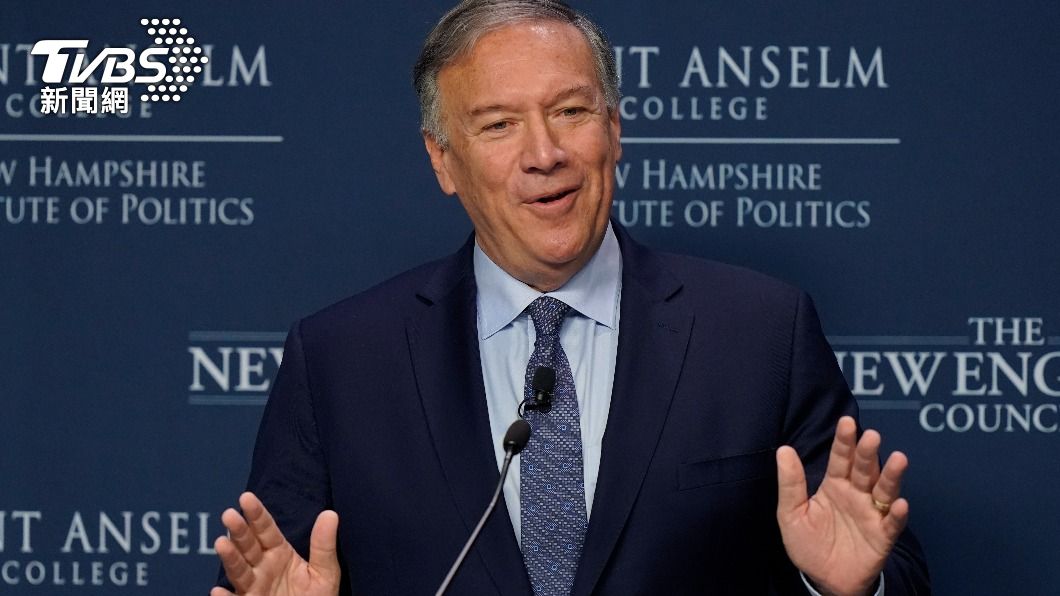TAIPEI (TVBS News) — Former U.S. Secretary of State Mike Pompeo announced on Thursday (May 16) that he will attend the inauguration of Taiwan's President-elect Lai Ching-te (賴清德) on May 20, criticizing China's displeasure over his visit, deeming it as a sign of Beijing's "core weakness."
During a discussion at the Hudson Institute, Pompeo voiced his support for Taiwan. His attendance underscores Taiwan's pivotal role in the global strategic order, benefiting key players, including the U.S., Japan, and South Korea.
Despite China's warnings that such international participation could harm bilateral relations, Pompeo's visit is not an isolated incident.
Alongside him, a bipartisan group of five Australian parliamentarians will also be present at the ceremony. This move comes as Taiwan sees an overwhelming show of support from the international community, with delegates from 10 of its 12 diplomatic allies, excluding only Haiti, attending the event.
Notably, Eswatini is sending a delegation of 120 people via a chartered flight, marking the largest group among the attendees.
Amidst the international attention, Lai Ching-te's stance on Taiwan's independence has been a focal point.
Miles Yu (余茂春), Pompeo's chief advisor on China policy, noted that Lai has emphasized he will not declare independence, arguing that China has no grounds for an overreaction. This sentiment is echoed by Australia's Department of Foreign Affairs and Trade, which rejected China's "incorrect assertions" regarding the Australian parliamentarians' visit, affirming that it aligns with longstanding practices.
As Taiwan prepares to welcome international dignitaries for its presidential inauguration, the event not only highlights the island's strategic importance but also showcases the delicate balance it maintains in its international relations and stance on sovereignty. With the world watching, Taiwan's diplomatic dance continues amidst regional tensions and global support.











